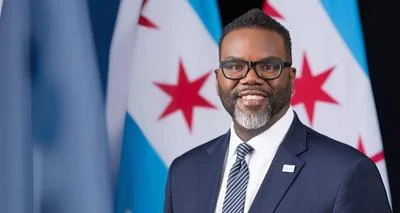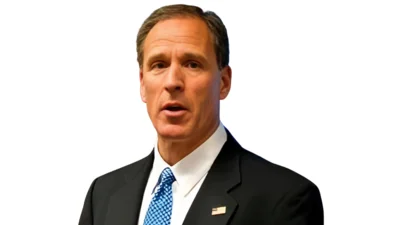Amy Korte | Executive Vice President | Illinois Policy Institute website
Amy Korte | Executive Vice President | Illinois Policy Institute website
Illinois' occupational licensing regulations have been linked to significant economic and employment challenges, according to a report by the Illinois Policy Institute’s Center for Poverty Solutions. The report indicates that nearly 25% of the state's workforce, approximately 1.6 million people, require licenses to work, leading to 135,000 lost jobs and $15 billion in lost economic value. These regulations are also said to exacerbate racial and income inequality.
The report highlights disparities in licensing among different demographic groups. Black and Latino individuals are reportedly less likely to be licensed compared to white individuals by 5 and 11 percentage points respectively. Additionally, women tend to work more frequently in licensed careers than men.
Occupations requiring licenses include cosmetology, makeup artistry, hair braiding, community association management, locksmithing, fire alarm installation, bill collection, cemetery customer service among others. On average, fulfilling these licensing requirements takes Illinois residents about 234 days.
Josh Bandoch from the Illinois Policy Institute commented on the issue stating: “Some Illinoisans can afford the tens of thousands of dollars and hundreds of hours to take education programs and licensing exams but often poor and minority workers cannot.” He emphasized that "burdensome regulations can rob people without the luxury of time and money the chance to pursue their dream."
The report also suggests that excessive licensing affects interstate migration negatively and contributes to a high unemployment rate in Illinois.
To address these issues, five strategies were proposed:
1. Implement effective sunset reviews for state licensing regulations.
2. Remove unnecessary licenses for certain occupations practiced safely elsewhere without a license.
3. Establish alternate pathways such as apprenticeships or high school programs.
4. Allow online educational options for non-hands-on requirements.
5. Adopt universal licensing recognition for out-of-state licenses in good standing.
These recommendations aim at reducing regulatory burdens while maintaining public safety standards.






 Alerts Sign-up
Alerts Sign-up